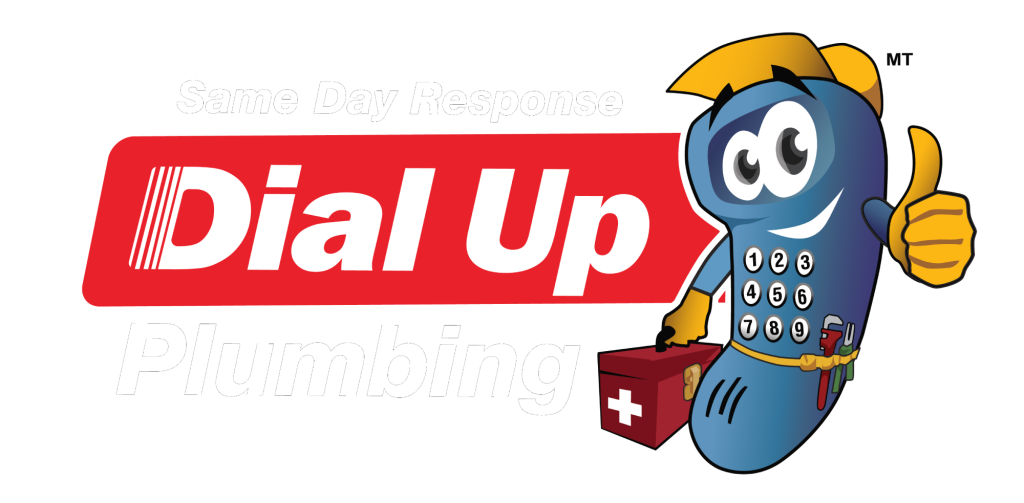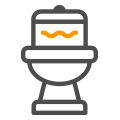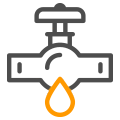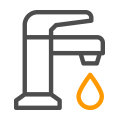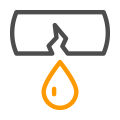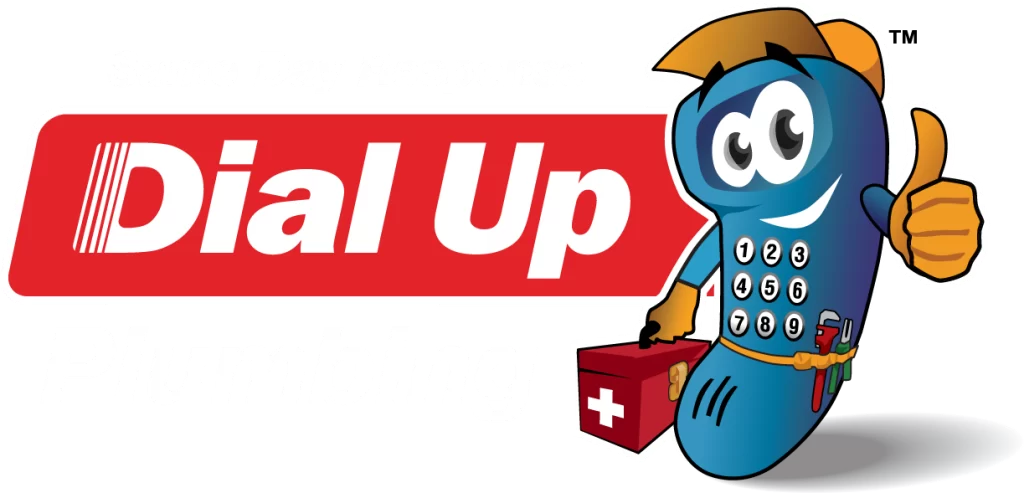Do you know what your homeowner’s insurance covers when it comes to plumbing problems? Plumbing issues can be costly and cause significant damage to your home, so it’s crucial to understand what type of coverage you have. Will your insurance policy cover a burst pipe or water damage from a leaking appliance? What about damage caused by a sewer backup or overflowing toilet? In this article, we’ll answer these questions and more to help you determine whether your homeowner’s insurance covers your plumbing problems.
What is homeowner’s insurance?
Homeowners insurance is a type of insurance that protects your home and personal belongings from damage or loss caused by things like fire, theft, and natural disasters. It is designed to protect your most valuable asset—your home—and provide financial protection in the event of unexpected events.
Homeowners’ insurance typically includes coverage for your home’s structure, personal property, liability, and additional living expenses if you’re unable to live in your home due to damage or loss. Insurance policies can vary, so it’s essential to review your policy carefully to understand the specific coverage you have.
Does homeowners’ insurance cover plumbing problems?
One of the most common questions homeowners have is whether their insurance policy covers their plumbing problems. While the answer can vary depending on the specific circumstances, in general, homeowners’ insurance does not cover plumbing problems that result from normal wear and tear or a lack of maintenance.
However, it may cover sudden and accidental damage caused by a covered peril, such as a burst pipe or water damage due to a leaking appliance. It’s essential to understand the coverage your policy provides for plumbing problems, so you can take the necessary steps to protect your home and finances in the event of a plumbing emergency.
What types of plumbing problems does homeowners insurance cover?
Please be aware that the coverage of your homeowners insurance depends on your policy. The below given information is based on general ideas.
If you’re a homeowner, it’s important to understand the types of plumbing problems that may be covered by your homeowners’ insurance policy. While coverage can vary depending on the policy, some common plumbing problems that may be covered include:
- Damage caused by sudden and accidental leaks, such as a burst pipe or water damage from a malfunctioning appliance
- Damage caused by a plumbing-related fire, such as an electrical fire due to faulty wiring in your plumbing system
- Damage caused by a sewer backup or sump pump failure, which can result in costly repairs and cleanup
- Damage caused by freezing temperatures that lead to burst pipes or other plumbing issues
- Damage caused by vandalism or theft, such as the theft of copper pipes or damage from someone attempting to steal plumbing fixtures.
By understanding the types of plumbing problems that may be covered by your policy, you can take steps to protect your home and finances in the event of a plumbing emergency.
What is not covered under homeowners insurance for plumbing problems?
While homeowners insurance can provide coverage for certain plumbing problems, there are also some types of issues that are typically not covered under most policies. These can include:
- Damage caused by gradual wear and tear or lack of maintenance, such as corrosion, rust, or pipe deterioration over time.
- Damage caused by flooding, which may require a separate flood insurance policy.
- Damage caused by earthquakes or other earth movements, which may require a separate earthquake insurance policy.
- Damage caused by mold or mildew resulting from a plumbing issue that was not repaired in a timely manner.
- Damage caused by intentional acts, such as vandalism or damage caused by a contractor during renovations or repairs.
How can I know if my plumbing problem is covered by my homeowners insurance?
If you’re unsure whether your plumbing problem is covered by your homeowner’s insurance policy, the best way to find out is to review your policy and speak with your insurance provider. Typically, sudden and accidental damage caused by a covered peril will be covered, while damage resulting from normal wear and tear, or lack of maintenance will not.
It’s also important to understand any deductibles, limits, and exclusions that may apply to your policy. If you’re experiencing a plumbing emergency, it’s important to take immediate action to minimize damage and contact your insurance provider as soon as possible.
By understanding your coverage and taking prompt action, you can help protect your home and finances in the event of a plumbing problem.
Can I add additional coverage for plumbing problems to my homeowner’s insurance?
Yes, you may be able to add additional coverage for plumbing problems to your homeowner’s insurance policy. This may include coverage for wear and tear, maintenance-related issues, or additional coverage for water damage caused by plumbing issues.
What should I do if I have a plumbing problem that may be covered by my homeowner’s insurance?
If you have a plumbing problem that you think may be covered by your homeowner’s insurance, you should take the following steps:
- Review your policy to understand what types of coverage you have.
- Contact your insurance agent to discuss your options and determine if the problem is covered.
- Take immediate action to prevent further damage, such as turning off the water supply or hiring a plumber to fix the issue.
- Document the damage and keep records of any expenses you incur.
If you have any further queries regarding home insurance coverage for plumbing issues, then you can contact Dial Up Plumbing Services at (02) 8999 6125.
